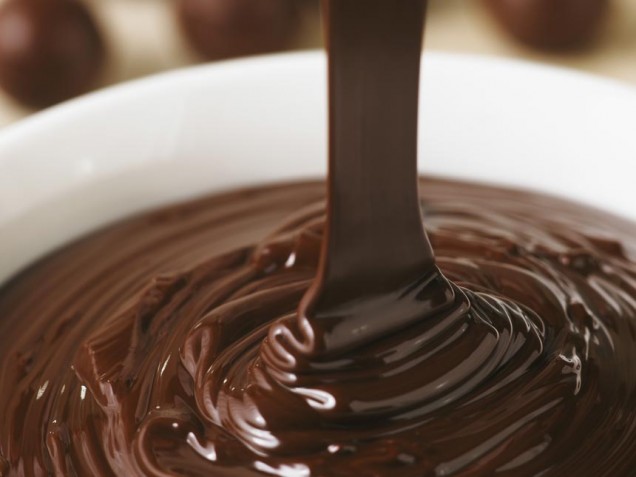Could chocolate prevent heart disease? Many studies in recent years point to potential health benefits from eating chocolate. Scientists discovered that cocoa is rich in flavanols, a nutrient with antioxidant and anti-inflammatory properties. And, many people are eager to accept this sweet indulgence as medicine.
But, research from small clinical trials and observational studies, many of them funded by the industry, are not yet enough for clinicians to recommend chocolate to their patients.
Harvard-affiliated Brigham and Women’s Hospital, in a public-private partnership with the National Institute of Health and Mars Incorporated, is now leading the largest randomized controlled trial to date on cocoa flavanols, anticipated to span five years with 18,000 participants. Researchers expect to determine the true heart health benefits of cocoa flavanols as a supplement administered in a daily capsule.
Flavanol compounds are associated with improvements in blood flow, cholesterol levels, vascular health and cognitive function. But processed chocolates, like Hershey’s, Snickers, or Milky Ways, lose most of their nutrients and contain high calorie and fat contents, linked to an increased risk of heart disease. “A significant amount of fat and sugar is usually added to chocolate to make it taste better, which can lessen [any] overall health benefit,” says Megan Barnett, a dietitian at Boston Medical Center.
Previous small-scale studies suggest possible health benefits, such as lowering blood pressure and improving cardiovascular health, from consuming chocolate, cocoa products, and cocoa flavanols says Dr. Howard Sesso, of the Preventative Medicine division at Brigham and Women’s Hospital. But the variations in chocolate products tested in these studies make it difficult to group the findings together.
The limitations with much of the current research result from the general use of smaller scale, short-term studies. While well conducted, these studies fail to look at clinical end points, says Sesso, who is co-leading the Brigham trial. The problem is in translating the results from noted short-term effects to long-term outcomes, such as heart disease risk.

Photo by FotoosVanRobin, Retrieved from Wikimedia Commons
In a recent large-scale observational study from England, published in June in the journal Heart, researchers found a connection between chocolate consumption and heart health. Using food frequency questionnaires, they tracked the eating habits of over 20,000 men and women for an average of around 12 years. After analysis, the researchers determined that the regular consumption of chocolate correlated with a lowered risk for heart disease. But, they also stressed that these findings demonstrated only an association between chocolate and health, and not causation.
Now, the Brigham study is taking a long-term clinical approach, with the aim of looking at the specific biological mechanisms of how cocoa flavanols may affect heart health. “Because it’s a larger study, and a longer study, we’ll be able to look at the clinical outcomes,” explains Sesso.
Mars, Inc. is supplying the cocoa flavanol capsules for use in the trial. The capsules are similar to a chocolate heart health supplement product the company currently markets, called CocoaVia. The flavanols are prepared from an extract of the cocoa bean, using Mars’s patented Cocoapro extract process. “This [process] enables us to focus on the particular components of the cocoa bean that we believe might be responsible for some of the vascular effects that have been reported,” says Sesso.
The researchers are recruiting 12,000 women at least 65 years of age, and 6,000 men over 60 years of age for four years of treatment. Another part of the study will look at the effects of multivitamins on cancer risk.
Unfortunately, the highly concentrated levels of flavanols in each capsule equate to a shockingly large and unhealthy amount of chocolaty treats. For consumers of chocolate products, it is usually difficult to determine if significant amounts of flavanols are present. “The processing of chocolate can lower the flavanol content, which is not always reported on the label,” says Barnett. If you do indulge, the healthiest option is usually darker chocolates that have less added fat and sugar, and cocoa powders that have gone through minimal processing.
The main goal of the trial is to demonstrate that long-term vascular benefits in taking cocoa flavanols as a supplement. In terms of a medical impact, Dr. Ethan Weiss, a cardiologist at University of California, San Francisco says, “if the trial shows it’s beneficial, I would consider prescribing cocoa flavanol pills to patients.”
Sesso also hopes the findings from the trial will encourage chocolate makers to start indicating quantities of cocoa flavanols on their product labels.
Featured Image by Luisa Contreras, Retrieved from Flickr Creative Commons








